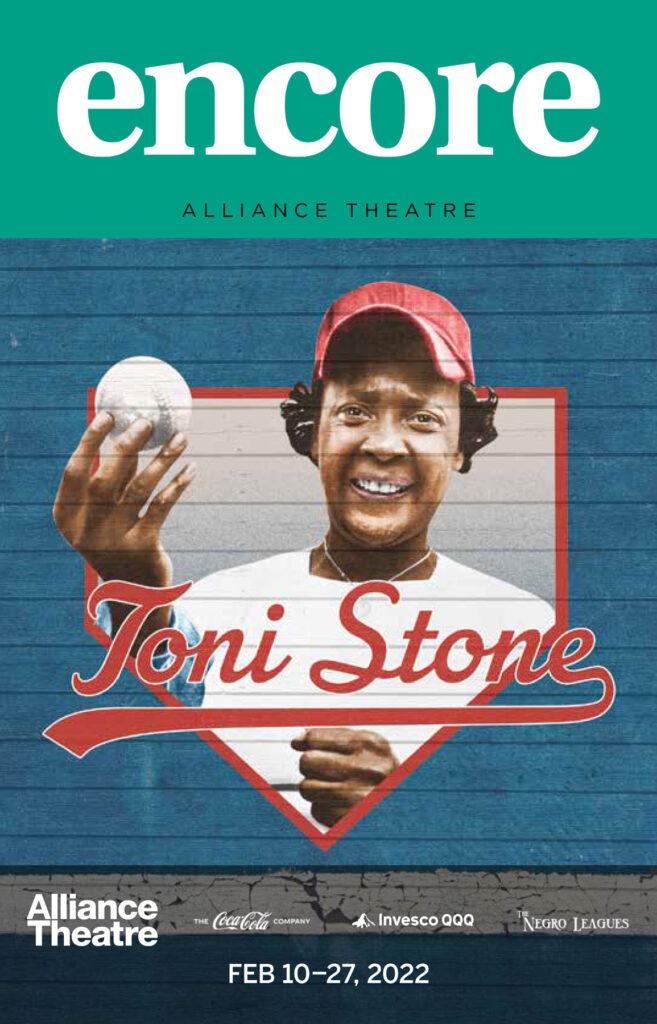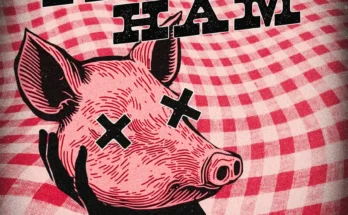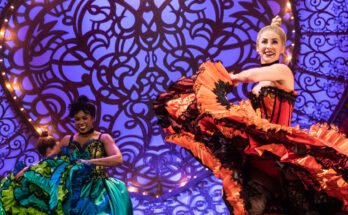Award-winning playwright Lydia R. Diamond recalls how she came to shed light on an icon of professional baseball

If there’s one avenue that can link the often polar opposite worlds of sports and the arts, it’s theatre. Playwright Lydia R. Diamond (Stick Fly, The Bluest Eye) would say herself that she does not have “the sports gene” – the undying love that sports fans have for their sports. And yet, Diamond still found herself diving into the world of baseball research for Toni Stone.
The journey began when theatre producer Samantha Barrie and director Pam MacKinnon wanted to bring Toni Stone’s story to the stage after learning about her in Martha Ackmann’s book, Curveball. Barrie and MacKinnon then picked out Lydia R. Diamond specifically as the playwright for the job.
“They had seen my play Stick Fly on Broadway and wanted to commission me to write [Toni Stone],” Diamond recalls. “I was over-commissioned, and I’m a slow writer. And I said, ‘I can’t do it. I can’t do it. I have an agent who’s being really good about helping me say no. And if I say yes, you will hate me, and everyone who’s commissioned me will hate me.’”
Whatever extra time it might take Diamond to write the piece did not seem to bother Barrie and MacKinnon, and they asked again.
“Samantha said, ‘Just read [Curveball].’ And I read the book, and I was like, ‘How do I not know who this woman is? How would I not know her name the way I know Babe Ruth’s name and Jackie Robinson’s name? That’s ridiculous!’” So with assurance from Barrie and MacKinnon that Diamond’s pace would work for them, she added Toni Stone to her plate.

The writer spent almost a year researching Toni Stone, the Negro leagues, and beyond, beginning with the book that inspired the play in the first place.
“Thank God I had [Curveball]! So, not only did I have all of Martha’s wonderful research – and she had spoken to family members and other Negro leagues players – but I also had to look at the history of the 1940s segregated South, the rules of baseball, the history of the Negro leagues,” she describes. “I did all of that homework. And then I wrote. I put all of that aside, and I trusted that it was in there, and I told a story.”
Diamond says that though the play is not strictly based on Curveball, author Martha Ackmann proved to be a tremendous support to the playwright’s process.
“Martha Ackmann was just the most generous, kind, supportive kind of writer to have the inspiration and source material from,” she expresses. “She told me, ‘You do your thing, and I’m here for you.’ And that’s what a writer wants.”
The wealth of knowledge Diamond had accumulated from her research was a double-edged sword, as she could only fit in two hours-ish of story into her piece.
“In my process of writing, there were two things that were kind of tricky,” shares Diamond. “One was finding the story because there were a lot of really beautiful facts, anecdotes, and historical, noteworthy things, but I didn’t know quite what the story I wanted to tell was.”

And then there was the fact that she was not in love with baseball or any sport, for that matter.
“I had played baseball in grade school as a child, but I don’t have the ‘sports gene,’” she acknowledges. She makes the comparison that while there is something in theatre people that moves us to tears when watching certain performances, there is something in sports fans that can move them to tears in certain games. “It’s deep in their soul. And I felt sort of like a poser. I thought, ‘How can I fall in love with the sport enough to be worthy to write about it?’”
The word “love” really was the connection she needed to find her answers.
“Those two challenges were solved with the same thing, and that was thinking about Toni Stone’s singular vision. There was one thing that she wanted, and the world wanted to keep it from her, and she pursued it at all costs. And to me, that was like pursuing a love. It was like unrequited love. So there was my metaphor, and there was my window into the emotional landscape of loving something that much. And so I just let Toni guide me.”

Throughout the process, she may not have become a die-hard baseball fan, but she came to understand them more deeply.
“I have respect for [sports] now that I might not have had before,” the playwright says. “I certainly understand the journey of a Black woman who has a passion for a thing, and the world says she can’t do that thing, and she does the thing. That, I can understand.”
In the end, Diamond has been gratified to get to bring Toni Stone’s name to light, as evidenced at a glance by her choice to name the play after her entirely.
“I really wanted to honor Toni Stone,” she explains, in reference to how she chose the play’s title. It has not only enjoyed an Off-Broadway run with the Roundabout Theatre Company, but it also had regional productions in Washington, DC and San Francisco (though the latter was cut short by COVID).
“I’m proud because there is now a street named after Toni Stone [in San Francisco]. And I do feel like we kind of put Toni a little bit on the map, to whatever degree. I say that humbly, but it is exciting to think that we – some talented actors, an incredible director, an innovative producer, and I – gave her a little bit of her due. That makes me feel good.”
Sally Henry Fuller is a theatre nerd, journalist, and podcaster here in Atlanta. You can find more of her interviews on TheBroadwayGinger.com or find her in a local coffeeshop.
This article appears in the Alliance Theatre’s Toni Stone edition of Encore Atlanta. Go see the show or click the cover below to peruse the rest of the program!
Toni Stone runs at the Alliance Theatre on the Coca-Cola Stage through February 27, 2022. Click here for more information.
Toni Stone production photo credits: Greg Mooney




